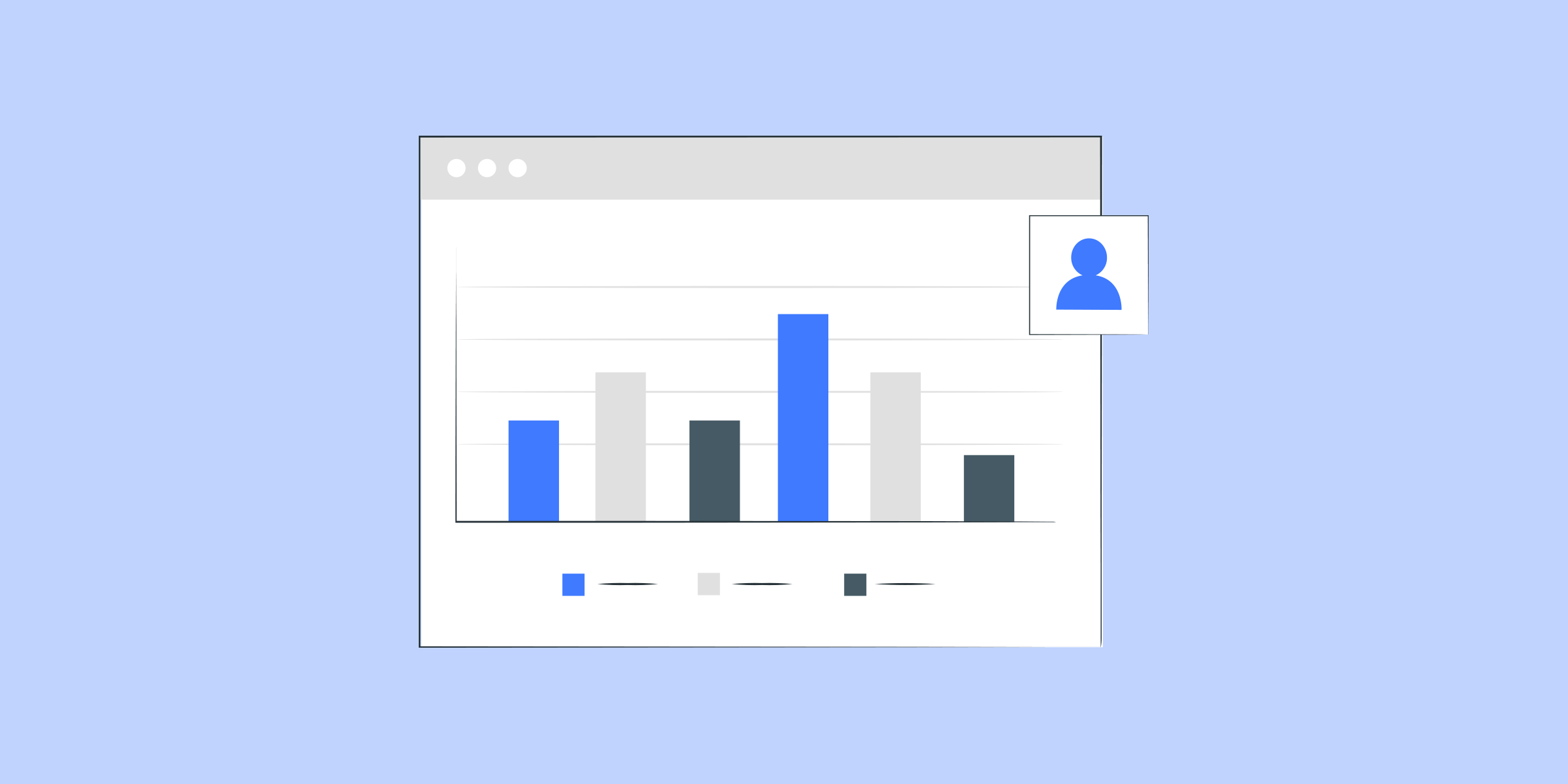Residential Proxies
Allowlisted 200M+ IPs from real ISP. Managed/obtained proxies via dashboard.

Proxies
Residential Proxies
Allowlisted 200M+ IPs from real ISP. Managed/obtained proxies via dashboard.
Residential (Socks5) Proxies
Over 200 million real IPs in 190+ locations,
Unlimited Residential Proxies
Use stable, fast, and furious 700K+ datacenter IPs worldwide.
Static Residential proxies
Long-lasting dedicated proxy, non-rotating residential proxy
Dedicated Datacenter Proxies
Use stable, fast, and furious 700K+ datacenter IPs worldwide.

Web Unblocker
View content as a real user with the help of ABC proxy's dynamic fingerprinting technology.
Proxies
API
Proxy list is generated through an API link and applied to compatible programs after whitelist IP authorization
User+Pass Auth
Create credential freely and use rotating proxies on any device or software without allowlisting IP
Proxy Manager
Manage all proxies using APM interface

Proxies
Residential Proxies
Allowlisted 200M+ IPs from real ISP. Managed/obtained proxies via dashboard.
Starts from
$0.77/ GB
Residential (Socks5) Proxies
Over 200 million real IPs in 190+ locations,
Starts from
$0.045/ IP
Unlimited Residential Proxies
Use stable, fast, and furious 700K+ datacenter IPs worldwide.
Starts from
$79/ Day
Rotating ISP Proxies
ABCProxy's Rotating ISP Proxies guarantee long session time.
Starts from
$0.77/ GB
Static Residential proxies
Long-lasting dedicated proxy, non-rotating residential proxy
Starts from
$5/MONTH
Dedicated Datacenter Proxies
Use stable, fast, and furious 700K+ datacenter IPs worldwide.
Starts from
$4.5/MONTH
Knowledge Base
English
繁體中文
Русский
Indonesia
Português
Español
بالعربية

What's a Proxy and How Does It Work?
In today's digital world, protecting our online privacy has become increasingly important. One of the tools that can help us achieve this is a proxy. So, what exactly is a proxy and how does it work? In this blog post, we will explore the concept of proxies and their role in internet security.
A proxy acts as an intermediary between a user and the internet. When you connect to the internet through a proxy server, your internet traffic is routed through the server before reaching its destination. This means that your IP address, which is a unique identifier associated with your device, is masked, making it difficult for websites or online services to track your online activities.
Proxies serve multiple purposes, but one of the main reasons people use them is to bypass restrictions imposed by network administrators or internet service providers. For example, if you are trying to access a website that is blocked in your country, you can use a proxy server located in a different region to access the content. The website will see the IP address of the proxy server instead of your actual IP, allowing you to bypass the restrictions.
There are several types of proxies available, including:
1. Web proxies: These are accessed through a web browser and are usually free. They allow you to browse the internet anonymously by hiding your IP address.
3. Residential proxies: These proxies use IP addresses assigned to regular home internet users, making them more difficult to detect and block. They are commonly used for web scraping, ad verification, and market research.
4. Dedicated proxies: These proxies provide a dedicated IP address that is not shared with other users. They are often used for tasks that require a high level of anonymity and security, such as accessing restricted content or conducting sensitive online transactions.
Now that we understand what a proxy is and the different types available let's explore how they work. When you connect to the internet through a proxy server, your request is sent to the server instead of directly to the website or service you are trying to access. The proxy server then forwards your request to the destination and relays the response back to you.
This process allows the proxy server to act as a middleman, intercepting and filtering incoming and outgoing traffic. Proxies can be configured to block or allow certain types of content, providing an additional layer of security by filtering out potentially harmful or malicious websites. They can also cache data, storing a copy of frequently accessed content to improve performance and reduce network bandwidth usage.
In summary, a proxy is a valuable tool for online privacy and security. By routing your internet traffic through a proxy server, you can mask your IP address, bypass restrictions, and protect your data from unauthorized access. Understanding how proxies work and the different types available can help you make informed decisions about which option is best suited to your needs.
Featured Posts
Popular Products
Residential Proxies
Allowlisted 200M+ IPs from real ISP. Managed/obtained proxies via dashboard.
Residential (Socks5) Proxies
Over 200 million real IPs in 190+ locations,
Unlimited Residential Proxies
Use stable, fast, and furious 700K+ datacenter IPs worldwide.
Rotating ISP Proxies
ABCProxy's Rotating ISP Proxies guarantee long session time.
Residential (Socks5) Proxies
Long-lasting dedicated proxy, non-rotating residential proxy
Dedicated Datacenter Proxies
Use stable, fast, and furious 700K+ datacenter IPs worldwide.
Web Unblocker
View content as a real user with the help of ABC proxy's dynamic fingerprinting technology.
Related articles

What's a Proxy: Everything You Need to Know about Proxies
What's a Proxy: Simplifying the Concept of Proxy ServersIn the world of internet security and online privacy, you may have come across the term "proxy" quite often. But what exactly is a proxy and how does it work? In this blog, we will demystify the concept of proxy servers and explore their significance in today's digital age.To begin with, a proxy server acts as an intermediary between your device and the internet. It essentially stands in for you when communicating with websites or accessing online resources. When you send a request to access a website, instead of directly connecting to the site, your request first goes through the proxy server.Why would you want to use a proxy server? Well, there are a few reasons. Firstly, proxies can help enhance your online privacy by masking your IP address. Your IP address is a unique identifier that can reveal your geographical location and other sensitive information. By routing your internet traffic through a proxy server, your IP address

Mengoptimalkan Penggunaan Proxy dengan Proxy SwitchyOmega
Proxy SwitchyOmega adalah ekstensi browser yang sangat berguna bagi mereka yang ingin mengubah server proxy dengan mudah. Dengan Proxy SwitchyOmega, Anda dapat dengan cepat mengganti pengaturan proxy Anda sesuai kebutuhan Anda.Ini adalah solusi yang sangat praktis, terutama bagi mereka yang sering bekerja dengan beberapa server proxy. Anda dapat dengan mudah menambahkan, mengedit, dan menghapus server proxy dengan hanya beberapa klik. Selain itu, Proxy SwitchyOmega juga menyediakan banyak fitur tambahan, seperti pengaturan proxy otomatis berdasarkan URL, pengaturan deteksi proxy otomatis, dan banyak lagi.Salah satu kelebihan lain dari Proxy SwitchyOmega adalah kompatibilitasnya dengan banyak browser populer, seperti Google Chrome, Mozilla Firefox, dan Microsoft Edge. Anda dapat menginstal ekstensi ini dengan cepat dan mudah melalui toko ekstensi resmi dari masing-masing browser.Dengan Proxy SwitchyOmega, Anda dapat dengan mudah mengalihkan antara server proxy dan mengatur pengaturan pr

Unlocking the Power of Advertising through Marketing Proxy: A Game-Changer in the Digital Age
In today's digitally-driven world, advertising has become an essential component of marketing strategies for businesses of all sizes. However, navigating the complexities of online advertising can be a daunting task. That's where proxy servers come into play. Proxy servers act as intermediaries between the user and the internet, allowing businesses to access online content from different geographical locations. This functionality is particularly useful when it comes to advertising and marketing. By connecting to a proxy server, businesses can effectively analyze and monitor marketing campaigns from different regions, gaining valuable insights into consumer behavior and preferences.Proxy servers also offer the benefit of anonymity, as they hide the user's IP address and location. This is especially valuable in the advertising industry, where competitors may try to track and copy successful campaigns. By using a proxy server, businesses can protect their intellectual property and maintai